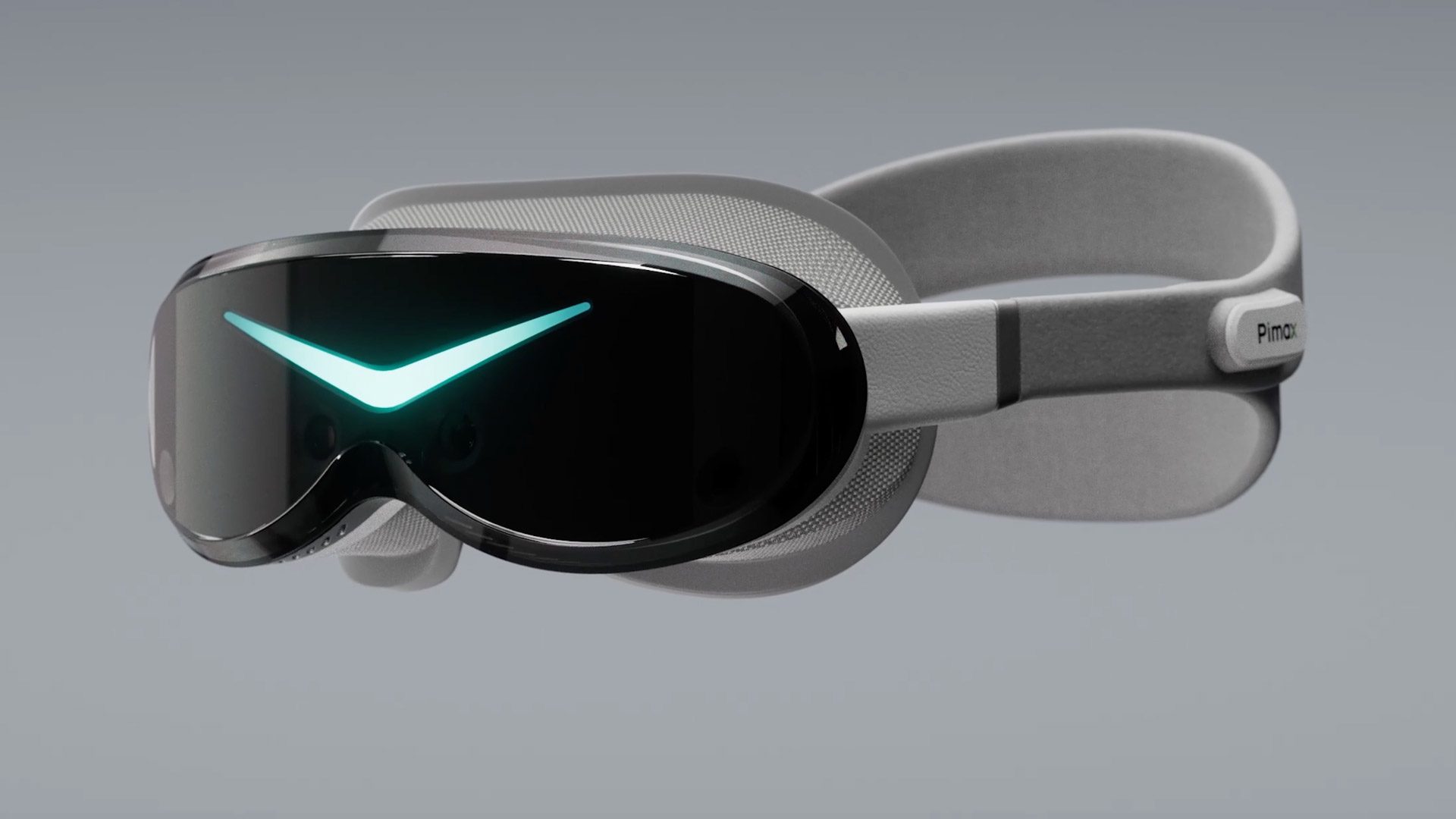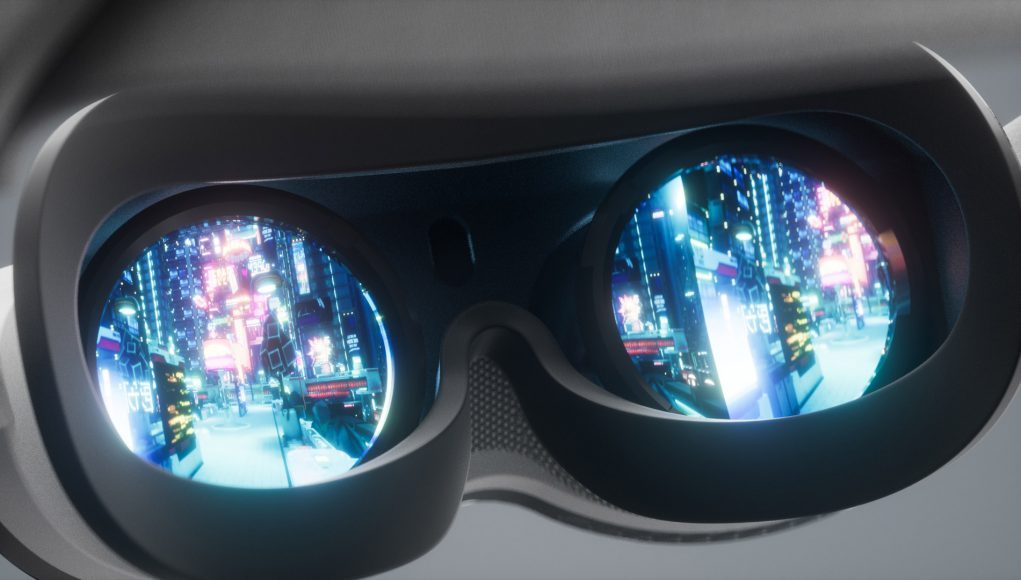Pimax, the Chinese startup known for its wide field-of-view (FOV) PC VR headsets, has secured an additional ¥CN100 million (~$13.6 million USD) in an extension to its Series C funding.
According to an initial report from 36Kr (Chinese), the investment round was led by Zhuji Jingchuang Rong Investment Co, and supported by previous investor Ivy Capital, which took part in the company’s $20 million Series B in 2020. This brings to company’s overall outside investment to $82.7 million, according to Crunchbase data.
Pimax says its latest funding round will allow it to further expand its R&D group in the US, and establish a new R&D group in Europe. The 36Kr report maintains Pimax’s customer base is largely outside of China, accounting for as much as 80% of the company’s headset sales.
“This is mainly due to the company’s continuous R&D and innovation capabilities, complete product matrix layout, and mature overseas market strategy,” Pimax founder Robin Weng told 36Kr. “It is also due to the general trend of the global high-end VR market entering a stable and rapid growth track.”
Since its founding in 2015, Pimax is best known for its wide-FOV PC VR headsets, such as its latest ‘Crystal’ series headsets. The company has also shown increasing interest in the burgeoning slim and light headset category with the announcement of Dream Air in December, a slim and feature-rich PC VR headset.

Priced at $1,900 and expected to release in May 2025, the company also announce an optional puck-style compute unit ‘Cobb’, which houses a Snapdragon XR2 Gen 2 chipset for standalone VR.
While Pimax has garnered an impressive amount of funding over the years, and largely delivered on its most important promises, the company has some notable challenges ahead.
In November, Pimax introduced a new payment model moving forward, allowing customers to buy their headsets at a lower price and try either its Crystal Light or soon-to-launch Crystal Super risk-free for 14 days. Instead of buying a headset at its full MSRP, the new structure puts requires the user to make an additional one-time payment after the trial period in order to gain continued access to the headset’s required software.
While the program was initially announced to include a 10-day trial period, the company quickly changed course to offer an additional four days after community backlash, and also an ostensible realization that it was obligated to offer 14 days as per consumer protection laws in the EU and UK.
More recently, the announcement of Dream Air seems to continue Pimax’s tendency to reveal new products before delivering on those it has previously announced. Revealed back in April 2024, the company’s Crystal Super headset was originally planned to release sometime in Q4 2024, however that was delayed to Q1 2025.
First batches containing the QLED 57 PPD optical engine are expected to start shipping at the end of January, with additional optical engines slated to release in March and April, the company tells us in a recent Q&A.
As for Dream Air’s separate compute unit, Cobb, Pimax says its has “no exact ETA,” as the company still wants “to add some features that we did not communicate in our Frontier announcement.” Based on Pimax’s past approach, it’s possible we may hear additional announcements before Cobb reaches consumers.







